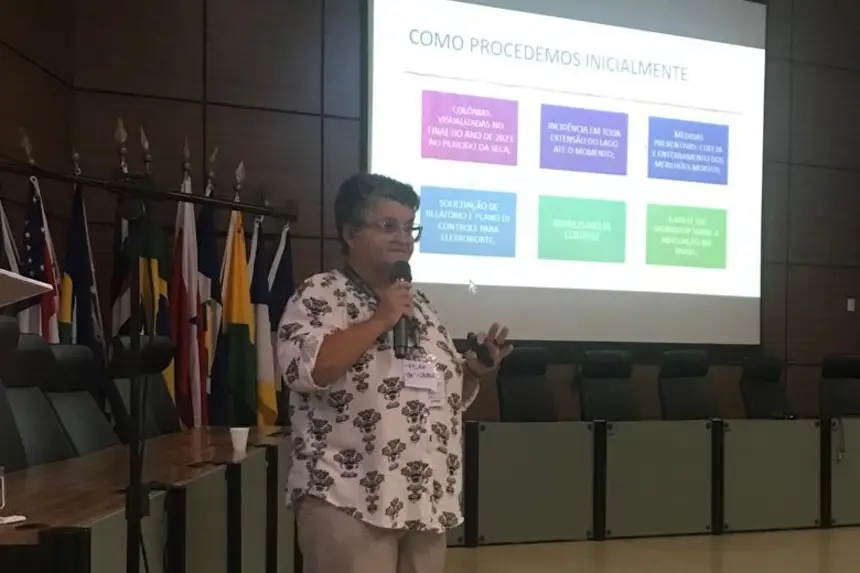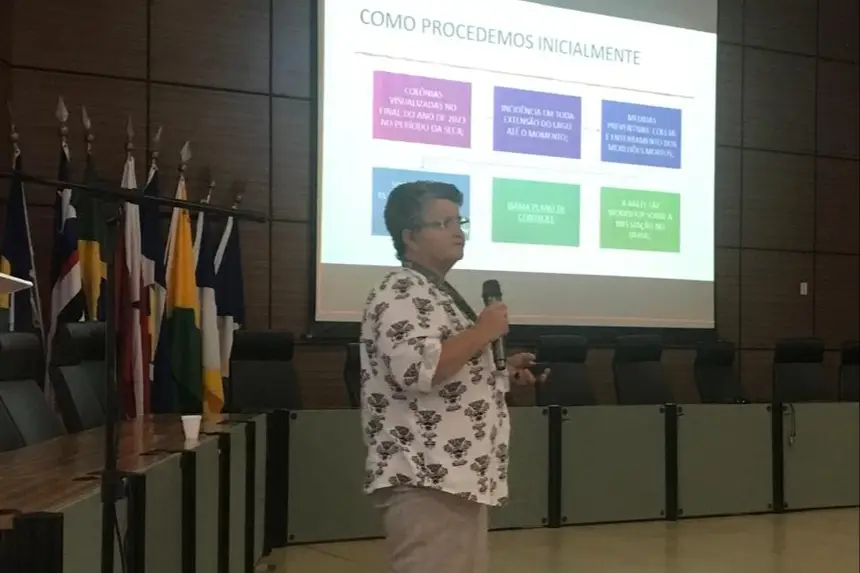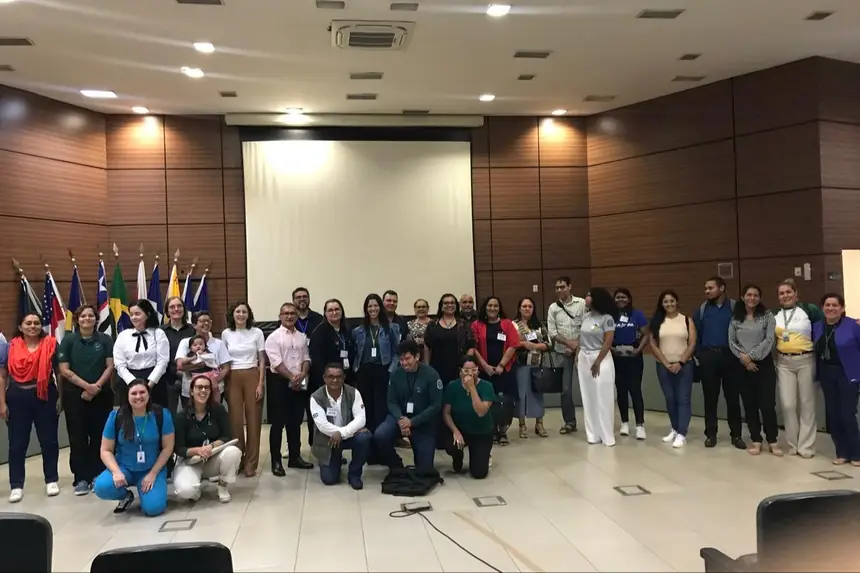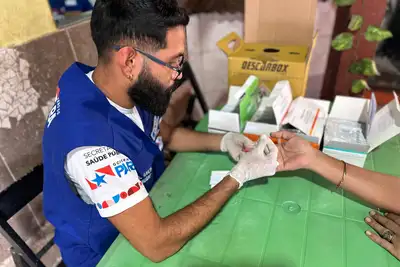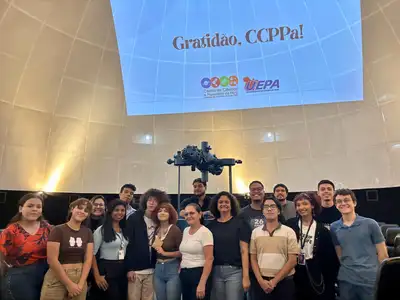Ideflor-Bio participates in seminar to discuss the golden mussel in Pará
Meeting organized by Ibama defined the creation of Working Groups (GTs) for carrying out relevant activities on the invasive species
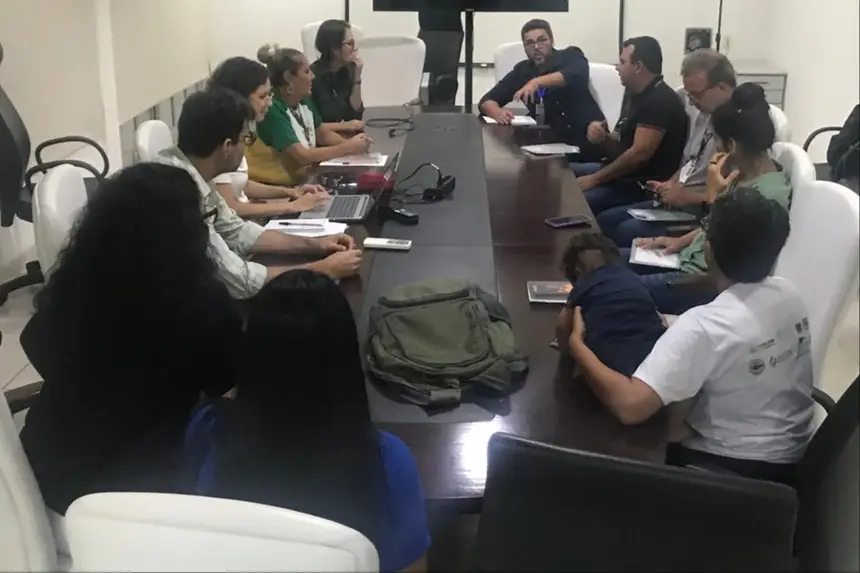
The Institute of Forest Development and Biodiversity of Pará (Ideflor-Bio) participated in the first seminar to discuss the golden mussel (Limnoperna fortunei) in Pará, promoted by the Brazilian Institute of Environment and Renewable Natural Resources (Ibama) and the Ministry of the Environment (MMA). The event also included the participation of the Public Ministry of Pará (MPPA), the Brazilian Navy, and other institutions.
The action took place in Belém and involved representatives from the participating agencies, who defined the creation of Working Groups (GTs) to carry out research, monitoring, and awareness activities regarding the species, which is present in the Tocantins River basin.
According to Keylah Borges, the manager of the Administrative Region of the Tucuruí Lake Mosaic at Ideflor-Bio, the species is native to China and monitoring will allow for the study of its behavior and how it affects the food chain of fish in the lake. “Monitoring will allow us to study the behavior of this invasive species and the aquatic fauna as a whole, especially to check the development conditions of the existing fish in the Tucuruí Lake,” she emphasized.
Concerns - Keylah Borges also highlighted that the golden mussel arrives via vessels from other regions of the country that are already affected by the proliferation of this harmful aquatic species. Among the main problems caused are rapid proliferation, damage to biodiversity, damage to infrastructures in the affected regions, and changes in ecosystems.
The Environmental Management technician at Ideflor-Bio, Sineide Vasconcelos, also attended the program and emphasized that the lecture was important for showing the dangers of the species to the state, which affects both ecosystems and society and the economy. “It is undeniable that the golden mussel is an invasive species and that we need to closely monitor how it has been behaving in our region,” she stressed.
Sineide Vasconcelos also stated that Ideflor-Bio, together with the Brazilian Agricultural Research Corporation (Embrapa Amazônia Oriental) and other institutions, will work on research, monitoring, and awareness regarding the golden mussel. “Environmental education is one of the important lines of action of this Working Group, as we will go to the affected communities to guide them to understand this invasive species,” the specialist added.
Text: Sinval Farias with supervision by Vinícius Leal (Ascom/Ideflor-Bio)


